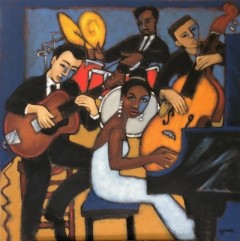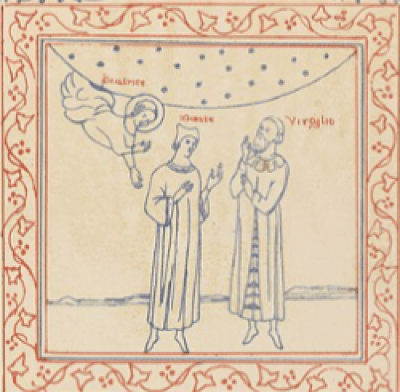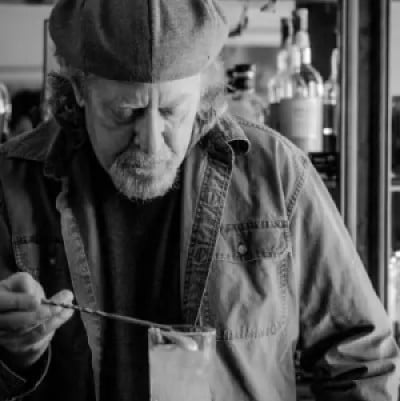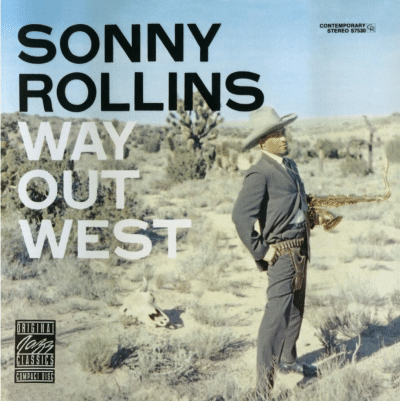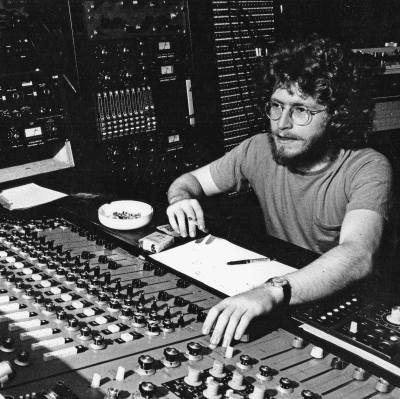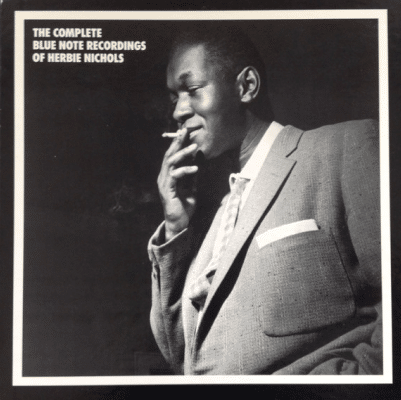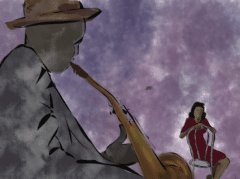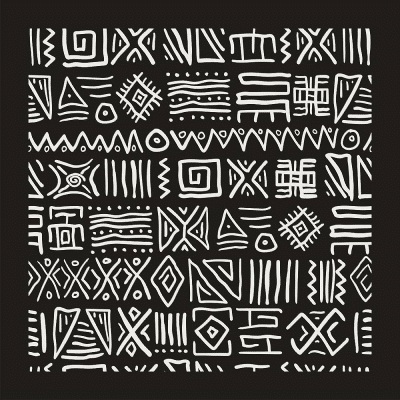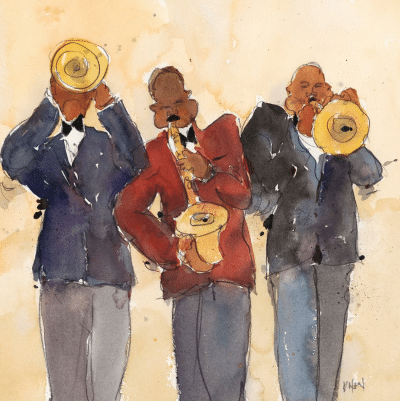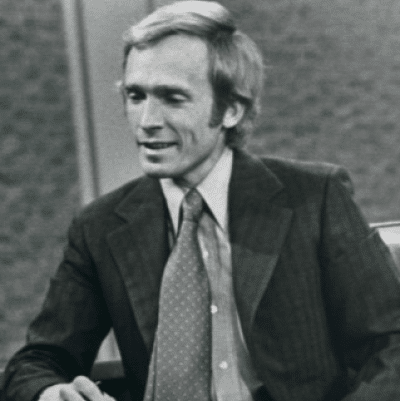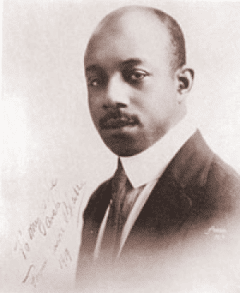Accent on Youth
by
Ted Bryan
___________________________
Ted Bryan is a seventeen-year-old Portland, Oregon resident who was co-winner of the 2006 Accent on Youth Essay Contest, as judged by jazz critic Gary Giddins, vocalist Dee Dee Bridgewater, and the publisher of Jerry Jazz Musician. His passion for jazz is the focus of the column.
This column was originally published December 6, 2006
__________
Winter is the Time For Jazz
_______
Put on Lester Young, Buddy Rich and Nat King Cole, 1946: “I’ve Found A New Baby”…
Some people fancy Spring as the time for Love, but I think Winter is the ideal season for it…getting no help from the weather, we are forced look to each other for warmth…funny, Winter is usually equated with death…and when you die you can’t take anything with you: no props allowed…your material rots and your spirit, if it’s not already gone, is on its own as it goes to the great mystery…despite this, Winter, for the living, is great for props, especially because, as I say, it’s the time for Love…and since one can’t look out, to nature –– it’s all dying! –– you can’t make use of it! –– the heart, the aforementioned ‘spirit’, and whatever extraneous tools are handy, must be solely relied on to foment romance…and what’s one of the best material effecters of Love molecules? Why, Jazz!
If you are a regular reader of this publication, it’s a good bet you’ve incorporated Jazz into your everyday routine, but if you haven’t yet, well, listen good…
In my head, Jazz is a street music, and Winter is when people walk arm-in-arm with each other, excitedly, down cold avenues, boulevards filled with shoppers foolishly scrambling, you and a companion out for whatever, caught in the same foolishness or nobly pathed around it; or you walk alone, collar up, either going out or going home, and Jazz walks with you in its sonor, its dolor –– it’s the fog across the moon and it is the fog too –– the Greek Presocratic philosopher Parmenides said, “all things have been named light and night…[they are] of both equally, since nothing shares in neither”…Jazz shares in all you ask it to. It’s a romance language, pure lyric. It’s much more than I could ever hope to say about it. I think Jazz criticism often makes the mistake of trying to define an art form that is almost pure magic. Hell, I don’t know what Jazz is. Do you?
I say Winter is the time for Love because it is the time we are most desperate for it: and our time is a desperate one, in a multitude of ways.
I think Jazz fans face an almost complete cultural alienation right now. Where is Jazz in the year 2006? Where has it been? Where will it be? Jazz is withering as the tree outside my window: if not dead, dying. We have a glut of reissues to play around with, a history of jazz written forwards and backwards by predominantly white jazz writers and record company executives…but what are we going to do once Jazz runs out? Once there is no more Jazz to reissue, will it be possible to find the contemporary artists and extract them out of their impacted niches in obscurantism? The biggest crux about all this: what can we do to help the state of Jazz right now?
I don’t have the answers to these questions. I have found my way ‘in’ to Jazz, it has become a part of my cultural conception, but for the majority of Americans it is not even on the map. Jazz is “the language of the tribe,” but the tribe is shrinking. And with Jazz reduced, in the cultural consciousness, to such anachronism –– what does that say of our LOVE, as a culture?
It’s almost too terrible to think about.
______________________________
To read Ted’s previous column, go to the next page




